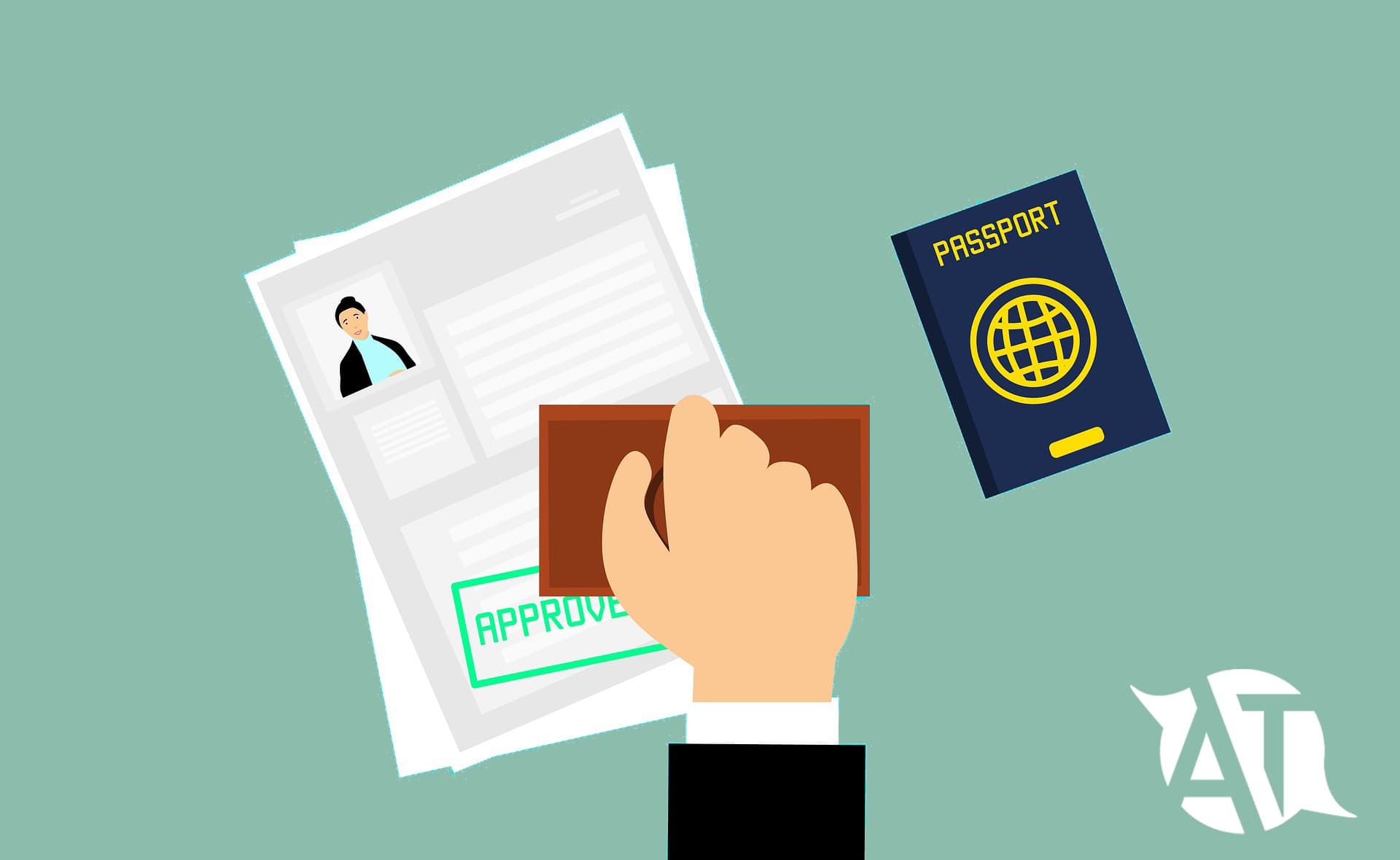Consumer Code of Catalonia: how it affects companies

On 27 July 2022, the preliminary draft law amending Act 22/2010, of 20 July, of the Consumer Code of Catalonia was submitted for public information. Article 128-1 deals with the linguistic rights of consumers.
What does the Consumer Code of Catalonia say?
The preliminary draft, prepared by the Catalan Consumer Agency and made up of 109 articles, aims to update the previous Catalan legislation on consumer rights, with the aim of incorporating the legislative requirements imposed by the recent Act 19/2020 on Equal Treatment and Non-Discrimination.
Specifically, the new features proposed revolve around some of the issues that have generated the greatest social interest in the last decade, such as These are sustainable consumption, the circular economy, information society services and digital platforms, social equity and non-discrimination, or the accessibility of products and services.
In relation to these, the new regulations foresee significant changes in the field of unfair commercial practices and in the information to be provided in consumer relations. In this regard, Catalan consumers have the right to express themselves orally and in writing in the official language of their choice, that is, both in Catalan and in Spanish. The interlocutors must also respond in either of these two languages.
The preliminary draft determines, for companies and establishments engaged in the sale of products or the provision of services that carry out their activity in Catalonia, without exception, and even if they have their head office in another autonomous community or country, that information regarding the sale must also appear in Catalan.
Elements that must appear in Catalan:
- All commercial information: purchase invitations (such as a restaurant menu), contractual documentation, budgets, deposit receipts, invoices, etc.
- Fixed general information signs and posters (for example, the exterior sign visible from the street indicating the commercial activity, the business hours sign, the interior signage relating to offers or services in an establishment, the internal signs of the sections of establishments or stores or, even, the lines of the shelves where the products are displayed for sale).
- Product labelling: information, safety warnings, precautions, operating instructions and anything that is considered compulsory in accordance with the sectoral regulations applicable to each case.
- The information necessary for the consumption, use and proper handling of goods and services, according to their characteristics, regardless of the medium, format or support used, and especially the mandatory data directly related to safeguarding health and safety.
- Cheques, promissory notes, cheque books and other documents offered by financial institutions.
- Communications via a company loudspeaker.
Are companies required to have their website in Catalan?
Article 128-1 of the Consumer Code establishes that the information received by consumers in Catalonia must also be in Catalan.
As a result, the websites of companies that target potential Catalan consumers and that incorporate any information contained in the aforementioned article must also contain this information in Catalan.
At ATLS we are aware of the bureaucratic burden and the extra effort that compliance with this new law can entail for your company. We can help you without causing a headache for your company. Thanks to our technology, your company will be able to translate automatically, without adding to your teams' workload, all the content that can motivate customers, both online and offline. In this way, your company will not only comply with the law, but will also offer a better user experience to the consumer in Catalonia. To reach potential customers within the same country we always recommend that the website should be translated and localised to the target market.
And if I don't do it, is there a penalty?
The sanctioning procedure consists of penalizing conduct that does not respect the rules of the game in the field of consumer relations in Catalonia, which go against the interests of economic agents and consumers.
This procedure is the responsibility of the public administrations. The Generalitat of Catalonia is responsible for imposing sanctions and coercive fines (periodic fines that are imposed until an infringement is no longer committed), as well as the temporary closure of the company or establishment or the cessation of activity. If this law is not complied with, the sanctions can be substantial!
With a simple professional and quality translation, you can sell your products or services in Catalonia without exposing yourself to financial penalties. ATLS has over 23 years' experience helping large enterprises access the Catalan market. Shall we talk?




